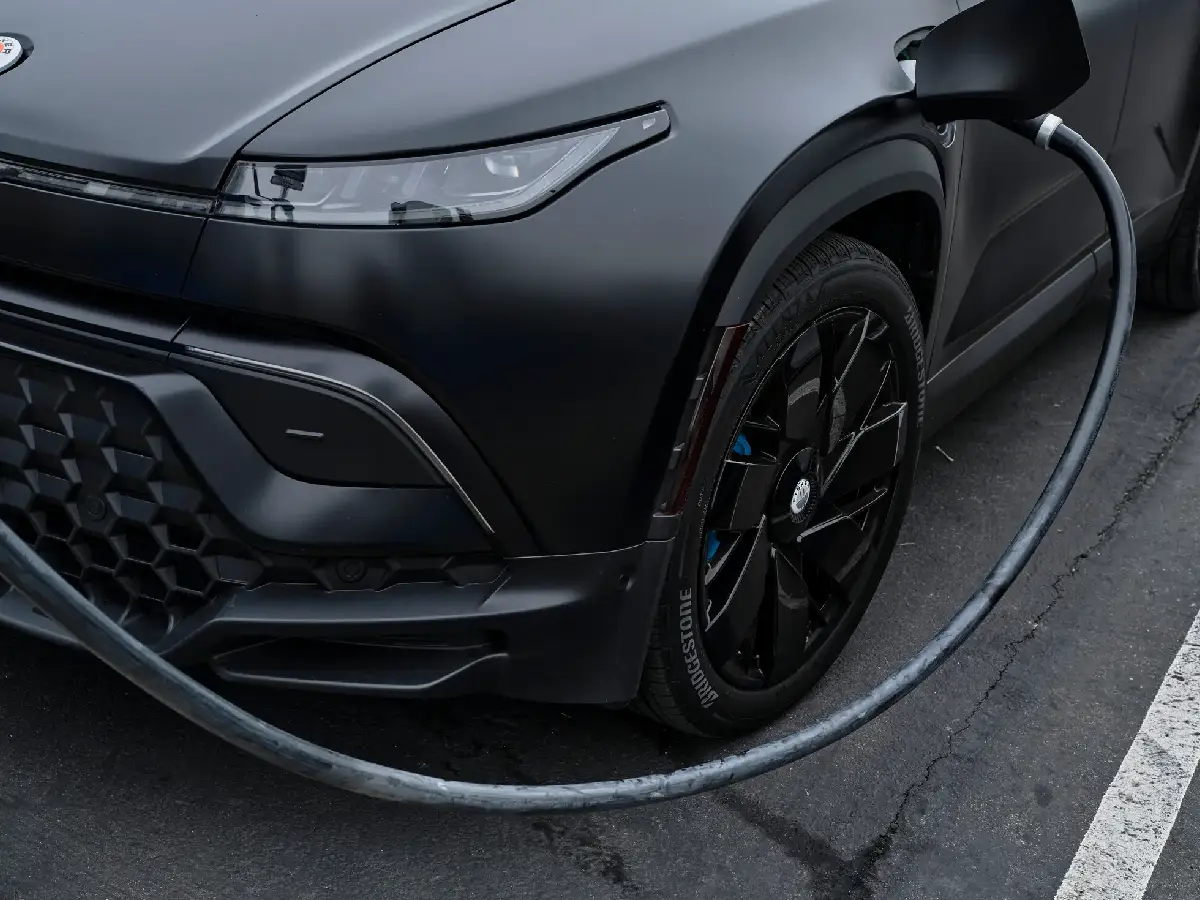In a recent turn of events, the Trump administration made a notable move to halt California’s ambitious plan to phase out gasoline-powered vehicles. The administration sought the assistance of Republican legislators to obstruct the state’s progressive ban, which aims to drastically cut emissions by transitioning to electric vehicles (EVs). However, this initiative faced a significant roadblock when the Senate parliamentarian ruled that such intervention was beyond congressional powers under the current regulatory frameworks.
California, known for its stringent environmental policies, had previously set forth a pioneering mandate that would prohibit the sale of new gas-powered vehicles starting in 2035. This bold step was part of a broader strategy to reduce greenhouse gas emissions and combat climate change, aligning with similar goals at the global scale. The state’s decision was underpinned by its longstanding authority to set its own stricter-than-federal vehicle emission standards, granted under the Clean Air Act and affirmed by specific waivers issued by the Environmental Protection Agency (EPA).
The Trump administration’s objection to California’s ban was rooted in concerns over its potential impacts on the automotive industry, consumer choice, and the broader national market. By rallying Republican lawmakers, the administration aimed to challenge California’s waiver through legislative means, arguing that such a significant shift in policy should require broader consensus rather than being decided on a state-by-state basis. The administration asserted that the ban could lead to economic repercussions, including job losses in the automotive sector and increased costs for consumers transitioning to electric vehicles.
However, the administration’s efforts to legislate against California’s environmental policy were stymied by the decision from the Senate parliamentarian. The ruling clarified that such interventions would not comply with the Senate’s procedural rules, as they likely involve revising regulations or existing laws, which is beyond the scope of simple legislative action without broader amendments or new legislation.
The Senate parliamentarian’s ruling implies that California may continue with its plan, unless other legal or administrative challenges emerge. This decision highlights the ongoing national debate over state versus federal powers in setting environmental policies. While some argue that states should lead the way in adopting stricter emissions standards, others believe a unified federal approach is necessary to ensure consistency and avoid fragmentation of national policies.
The clash over California’s gas-powered vehicle ban is part of a larger backdrop of environmental and regulatory debates in the United States. As concerns about climate change intensify, state-led initiatives like California’s are becoming increasingly common, prompting discussions about the optimal path towards sustainability and environmental responsibility.
For the automotive industry and consumers alike, the future remains in a state of flux. Automakers are gradually increasing their investment in electric vehicle technology, driven not only by regulatory demands but also by consumer interest in more sustainable and innovative transportation options. Meanwhile, consumers are weighing the benefits of electric vehicles, such as lower operating costs and environmental impact, against concerns over pricing, infrastructure, and range capabilities.
As these dynamics continue to unfold, the intersection of state leadership, federal oversight, and stakeholder interests will play a critical role in shaping the landscape of American automotive policy. The outcome of California’s pioneering ban and similar initiatives will likely set important precedents for how the United States addresses the urgent challenges of climate change and sustainable development in the coming decades.










